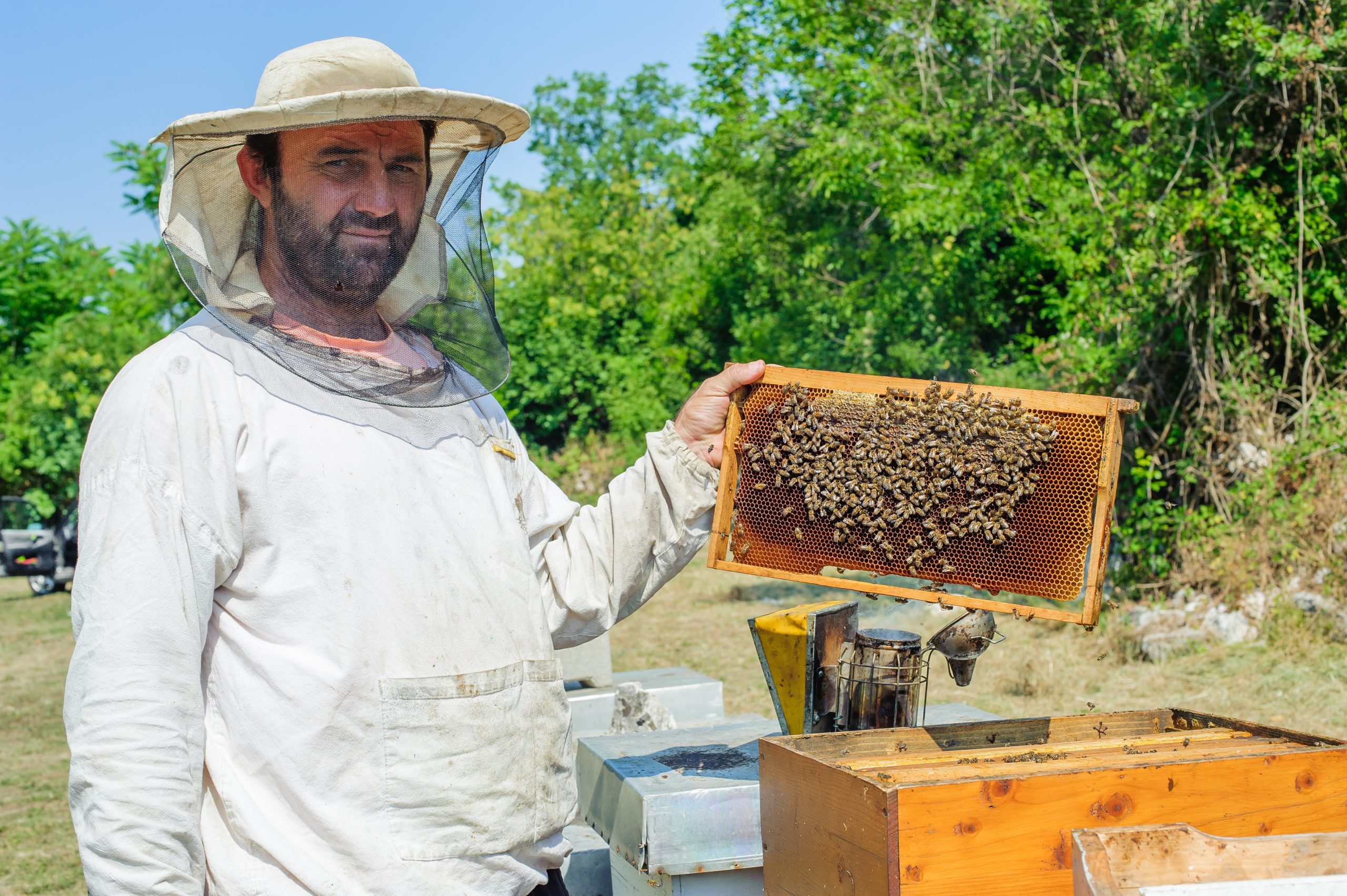Manuka Honey ‘Madness’—Suspected in Hive Poisoning
April 21, 2016
Honey News, Manuka Honey , Honey Industry
Manuka honey has grown quickly into one of the most sought after bee products on the market with plenty of reason. Consumers love the New Zealand product for its richness and many benefits in spite of the high prices associated with a limited supply—local NZ beekeepers who’ve been in the business for years are seeing real growth and profit with the explosion Manuka honey has made. However, because it's such a high value product, there’s an intense competition between beekeeping veterans and newcomers driven by greed and not even a basic respect for honeybees. The most recent example of this competition left a Northland beekeeper, David Yanke, short 400 hives after what he suspects was a deliberate hive poisoning.
During Easter, Yanke discovered 400 of his 1,000 “nukes” (queen breeding hives) containing millions of half-dead bees, the surviving ones “boiling out of the hives” in panic and falling to the ground, unable to fly. Unsure what caused this, Yanke alerted the Ministry of Primary Industries (MPI) immediately in case these deaths were caused by a new exotic pest, but both Yanke and the MPI understood the scale, suddenness, and the fact of the affected hives radiating from a central point of origin meant poisoning was the only plausible explanation. The MPI has ruled out a new pest, and the police are waiting for lab confirmation from the MPI that the bees were indeed poisoned.
Yanke and his partner, Rachel Kearney, have run Daykel Apiaries for 30 years, breeding queen honeybees for commercial sale. He also said that while five years ago he only had a handful of nearby competition, today there are now 56 apiaries within 5 km of his hives. “This valley is already way over-stocked,” Yanke said. “And they think they can just pile more colonies in…A real beekeeper wouldn’t do something like this [poison]—this is just someone new in the industry who is trying to start up a beekeeping operation by these nuclear bee yards I have.”
With these newcomers driven not by interest in beekeeping but by greed and “reports of Manuka honey prices,” Yanke has stated deliberate hive poisonings are much more common with the high honey prices and every beekeeper these days has a story of theft, hive damage, and poisoning. “It’s just a madness that’s taken over the industry.” One positive Yanke saw from this incident was the overwhelming support he received from his fellow beekeepers, leaving Yanke certain his business would bounce back in spite of these unfortunate losses.
Luckily, local authorities are well aware of the new heightened risk beekeepers face with greedy newcomers in the Manuka honey market. After other examples of “Manuka honey madness,” police even came up with plans specifically meant to catch offenders in the evening when most honey crimes take place. For the sake of honorable beekeepers in the business, hopefully they’ll see an increase in financial security as well as security for their honeybee bystanders.


.jpg)




